Unraveling injustice and power structures

Date and Time
Date and Time: Friday, April 4, 2025 at 12:30pm – 6:15pm EDT. Reception to follow.
Location: Smith Campus Center, 1350 Massachusetts Avenue, 10th Floor, Cambridge, MA 02138 (Harvard University) and online
Background Information About International Roma Day (April 8):
Romani people worldwide have celebrated International Roma Day on April 8 for decades. This year will mark the 54th anniversary of the First World Roma Congress, a historic moment when Roma Day, the flag, and the anthem were adopted. Some have turned the anniversary into a one-day opportunity to discuss their rich heritage through concerts, exhibitions, film screenings, school events, conferences, and media events. Others, including activists and academics, have marked International Roma Day by organizing remembrance events to take stock of continuing racism and progress in social, political, cultural, and economic fields.
Conference Overview:
Since 2013, the annual Roma conference at Harvard University has served as a forum to examine and address anti-Roma racism, its genesis, history, pillars, and manifestations worldwide. We have aimed to improve the collection of data related to the Roma people, enhance research methods, focus on action-oriented research, and revisit and inform the histories, policies, and practices concerning Roma people. Furthermore, the Harvard Roma conference has actively sought to elevate and co-center the voices and experiences of Roma people within global scholarship. It has fostered discussions on anti-racism, reparations, solidarity, and justice-oriented solutions and emphasized the importance of solidarity among historically oppressed communities.
On April 4th, 2025, we will mark International Roma Day with the 13th Roma conference at Harvard University, Unraveling injustice and power structures.
The event aims to unpack and reframe the enduring reproduction of the artificial hierarchy imposed between white Europeans and European Roma people, situating it within the broader global theoretical frameworks related to racism, casteism, racialization, and socio-cultural hierarchies and oppressions. Unraveling injustice and power structures will contribute to and expand upon ongoing global dialogues on racialization.
It will also create opportunities for new inquiries into how caste and/or racial hierarchies are upheld within educational systems beginning in childhood, in violation of several articles of the 1989 Convention on the Rights of the Child (CRC), such as Article 2, which frames a duty to non-discrimination, Article 3, which consequently stipulates that the best interest of each child should be the primary consideration of public or private social welfare institutions, and Article 4, which calls on State Parties to make every effort to uphold children’s rights including economic, social, and cultural ones. These constructed hierarchies inevitably fail to preserve children’s identities (Article 8 of the CRC) and, through structural barriers, prevent them from accessing the highest attainable standard of health (Article 24) hence setting the stage for adverse impact throughout all stages of life.
Agenda
12:00pm – 12:30pm: Gathering
12:30pm: Welcoming remarks
Jehane Sedky
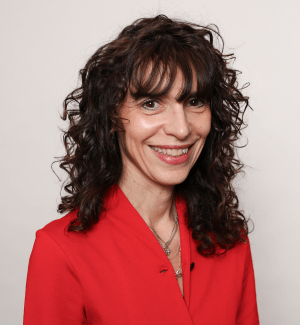
12:40pm: Framing the conference topics
Maria Atanasova, MPS
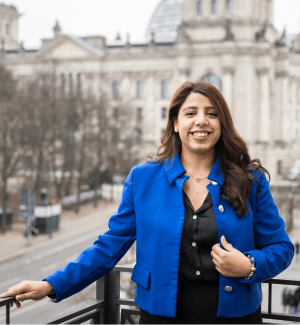
12:45pm: Keynote panel – Beyond race: An ontological enquiry of the twenty-first century
Suraj Milind Yengde, PhD
He has written nearly 200 articles in academic and non-academic journals. His articles have appeared in Public Culture, Ethnic & Racial Studies, Diaspora Studies, History of the Present, Current Sociology, Economic & Political Weekly, The Caravan, Seminar, among others.
He is an incoming Ford Foundation Presidential Fellow.
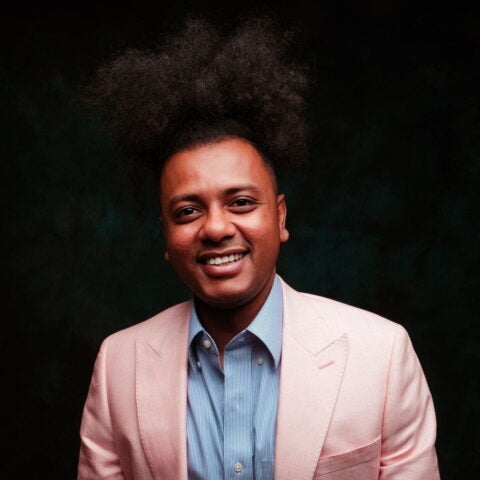
Ioanida Costache, PhD
Her work explores the legacies of Romani historical trauma, and the feminist critiques of the present, inscribed in Romani music, sound, and art. Her writing has been published in EuropeNow, RevistaARTA, Critical Romani Studies, and is forthcoming in European History Quarterly. Her research has been supported by two Fulbright Grants and the Council of European Studies. She has held visiting and postdoctoral fellowships at the University of Pennsylvania, the United States Holocaust Memorial Museum, and the USC Shoah Foundation.
Her book project, Hearing Romani-ness, examines how music structures the political and social belonging of Romani peoples in ways that reify and work against processes of identity formation and racialization. Through an ethnographic focus on Romani musicians, the project shows how intergenerational memory of Romani trauma is discreetly imbedded in sonic expressions of sorrow within a bounded repertoire that in being kept private served as a vehicle for Romani collective healing. The book puts forth a new framework for navigating how sound, when heard as affective expression, can be used for reparative purposes in the wake of persecution, while also offering an interpretive and analytic vocabulary for learning to listen for the Roma.
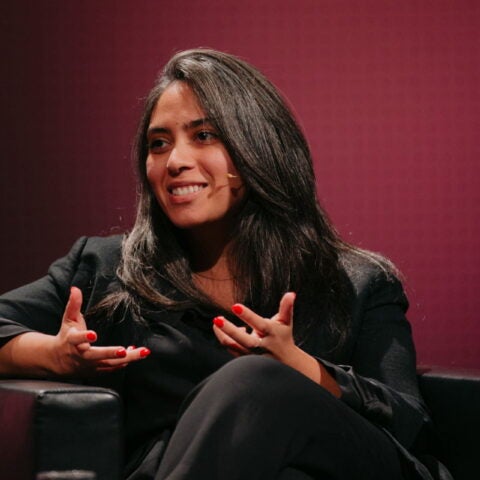
1:45pm: Panel 1 – Race, caste, ethnicity, and other constructs of power
Jacqueline Bhabha, JD, MSc
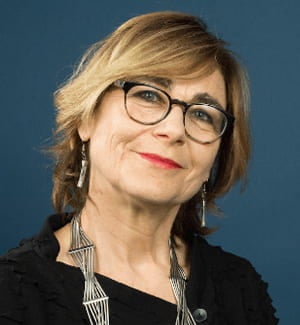
Brittney Francis, PhD, MPH

Angéla Kóczé, PhD
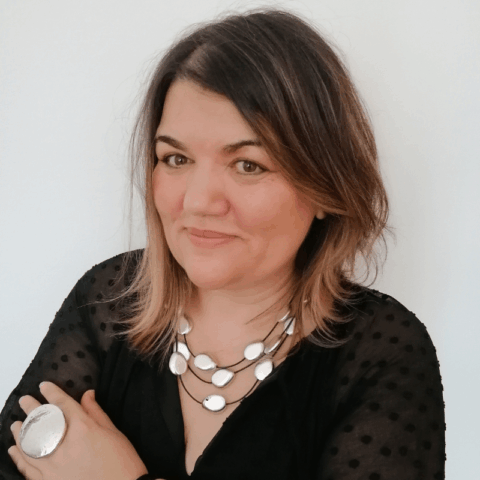
Gracyelle Costa Ferreira, PhD
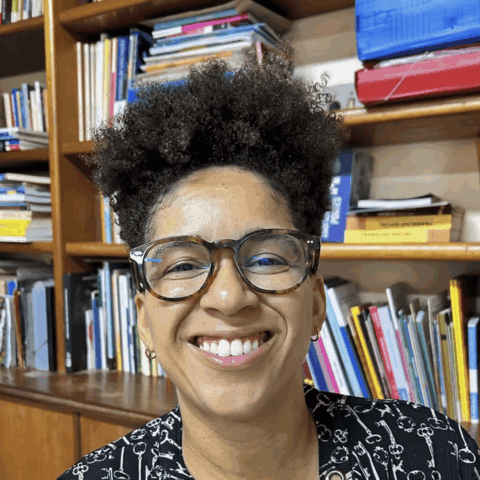
Nile Nair, PhD, MSc
Nile earned his PhD at Harvard T.H. Chan School of Public Health in Population Health Sciences, focusing on climate change, planetary, and human health. His work at Harvard involves studying the effects of climate change and the accelerated nutrition transition on indigenous populations through the lens of dietary colonialism and the disproportionate impacts of climate change on minoritized populations. His research also examines the nexus of climate justice, human nutrition, and planetary health, advocating for more sustainable dietary guidelines to reduce the greenhouse impact of global food systems. Part of his work also involves addressing the structural violence embodied in the current climate crisis and its effects on minority groups in the US and around the world.
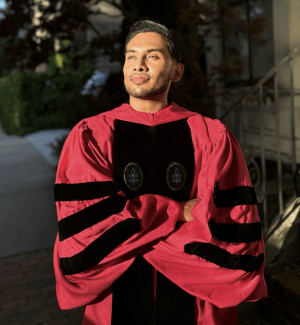
Osama Tanous, MD, MPH
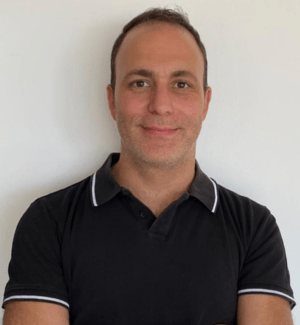
Bram Peter Wispelwey, MD, MPH
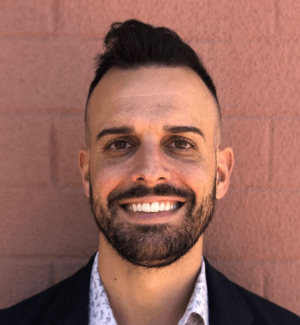
3:45pm – 4:00pm: Coffee break
4:00pm: Panel 2 – Distinct and interconnected mechanisms of oppression
Delia Popescu, PhD
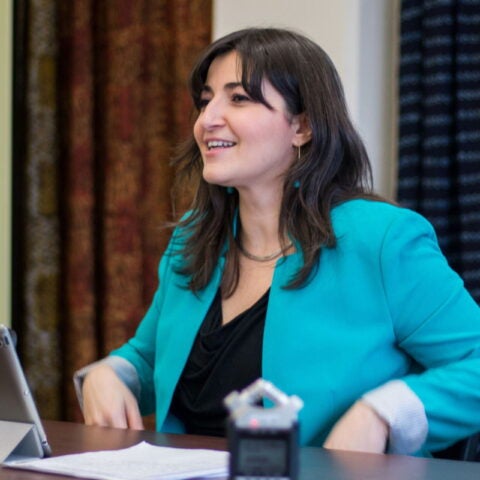
Thanh Mai Bercher
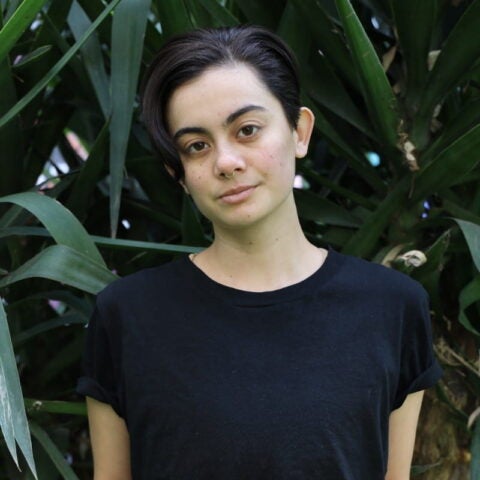
Rania Muhareb, PhD, LLM
Rania is a policy member of Al-Shabaka – the Palestinian Policy Network, a member of Al-Shabaka’s editorial committee, and has a decade of experience in human rights, legal research, and advocacy in Palestine. She holds an LLM in International Human Rights and Humanitarian Law (2016) from the European University Viadrina in Frankfurt (Oder) and a BA from Sciences Po Paris’s Middle East and Mediterranean campus in Menton (2014). She has authored and co-authored numerous articles and reports, including in Health and Human Rights, Statelessness and Citizenship Review, República y Derecho, Middle East Policy, The Lancet, BMJ, and the Institute for Palestine Studies, in addition to legal blogs and media articles. She has presented her research at academic conferences, workshops, seminars, and in guest lectures mainly focusing on apartheid and international law in Palestine.
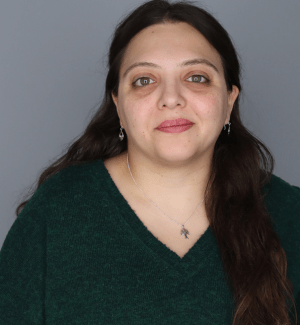
Dezso Mate, PhD
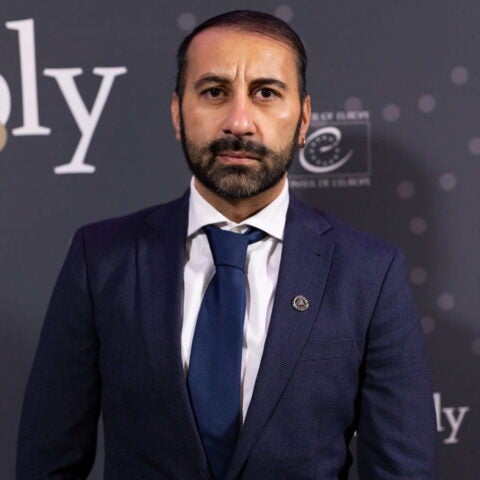
Judith Abitan, LLB, LLM, MPA
Judith’s advocacy work has encompassed, inter alia, the case and cause of Biram Dah Abeid, leader of the international anti-slavery movement and president of the Initiative for the Resurgence of the Abolitionist Movement in Mauritania; Dawit Isaak, Swedish-Eritrean citizen recognized, with his colleagues, as the longest detained journalists in the world; Dr. Ahmadreza Djalali, Swedish-Iranian disaster medicine expert arbitrarily detained by the Islamic Republic of Iran; and a series of Burundian journalists and human rights defenders convicted on trumped-up charges for criticizing their government.
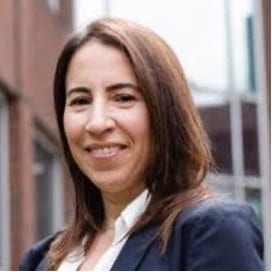
Lalit Khandare, PhD, MPhil, MA, PGDHRL
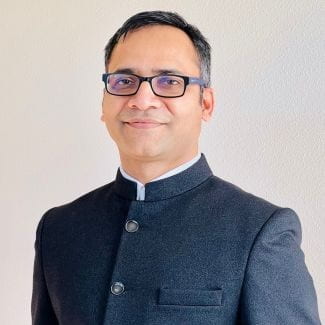
5:30pm: Book talk
Margareta Matache, PhD
Dr. Matache’s research focuses on the manifestations and impacts of racism and other systems of oppression in different geographical and political contexts. Her research examines discrimination, reparations, social determinants of health—including education and social and economic disparities—and their nexus with the historical past and contemporary public policies, with a particular focus on anti-Roma racism. In 2017, she co-edited Realizing Roma Rights, an investigation of anti-Roma racism in Europe, in collaboration with Jacqueline Bhabha, Professor of the Practice of Health and Human Rights at the Harvard Chan School, and Andrzej Mirga, former Organization for Security and Co-operation in Europe (OSCE)/Office for Democratic Institutions and Human Rights (ODIHR) Senior Adviser on Roma and Sinti Issues and chief of the ODIHR Contact Point for Roma and Sinti Issues. Dr. Matache is also the co-editor of Time for Reparations, a 2021 volume exploring the issue of reparations across a broad range of historical and geographic contexts and academic disciplines, along with Jacqueline Bhabha and Caroline Elkins, Professor of History and African and African American Studies at Harvard University.
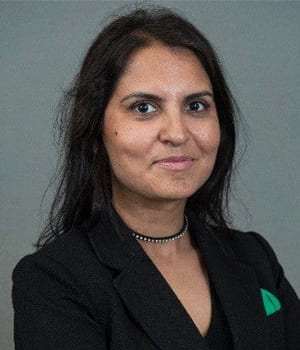
Dezso Mate, PhD

Elana Resnick, PhD
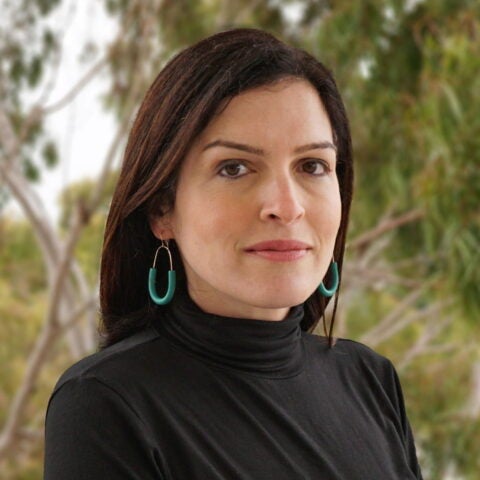
Rafael Buhigas Jiménez, PhD
He has also had an impact on the general society, with a great effort to transfer and disseminate knowledge, especially to train professionals dedicated to the Romani community and to empower the Romani themselves. As proof of this we can mention some examples such as his recent collaboration with the United Nations, his appointment as an academic of the European Romani Institute for Arts and Culture of the European Union, close collaborations with NGOs (Instituto Romanó, Secretariado Gitano), national ministries of State and deputations, and many others that can be seen in the press and communication.
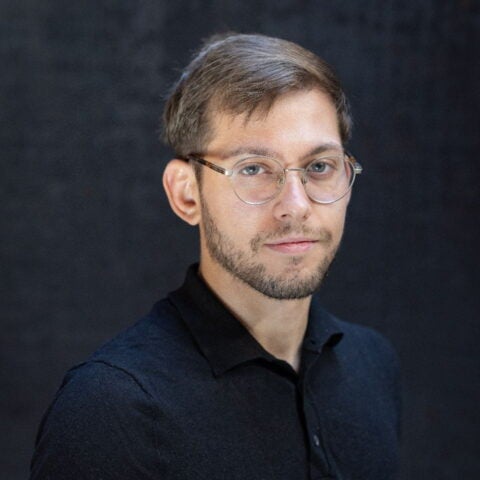
6:15pm: Reception
Please direct any questions about this event to Claire Street at cstreet@hsph.harvard.edu.
Free pre-conference event on Thursday, April 3, 2025. Open to the public.
Romani Study Group Conference
This event is co-sponsored by the Fortunoff Video Archive for Holocaust Testimonies and will feature a keynote lecture by Dr. Ioanida Costache, assistant professor of ethnomusicology at Stanford University. Her work explores Romani historical trauma, feminist critique, and music. Her book project “Hearing Romani-ness” examines music’s role in Romani identity and collective resilience.
Director of the FXB Roma Program for Health & Human Rights, Dr. Margareta Matache, will deliver introductory remarks.
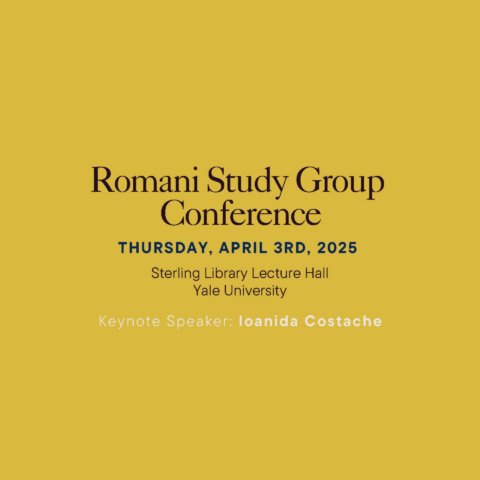
Speakers’ remarks are based on their own scholarship and experience. As such, they speak for themselves, not for Harvard University.

